The Shenzhen New Century Basketball Club announced an important decision: the 31-year-old foreign player Askia Booker has been officially cut, and at the same time, the team has signed Jeremiah Tilmon, an interior player who is 2.08 meters tall and weighs 118 kilograms.
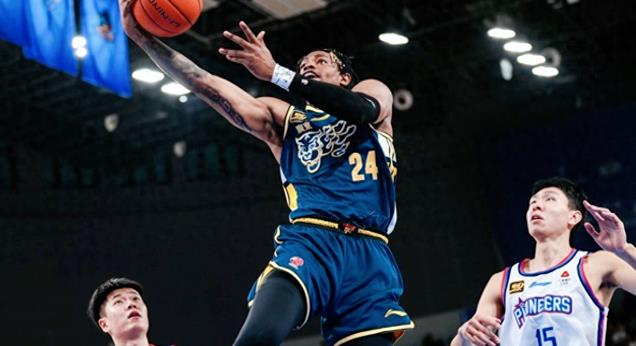
Following this, Guangdong Dongguang Men's Basketball Team also made a quick response - foreign player Adonis Arms was cut. This adjustment has sparked speculation that it may indicate that the team is making a larger strategic layout for upcoming games.
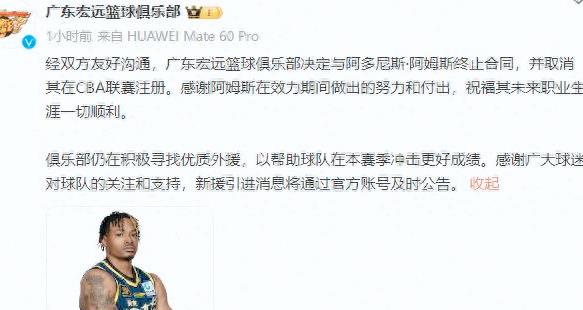
Askia Booker was once a top foreign player in the CBA, with outstanding performances in Shenzhen and Beijing teams. Especially in the game against Qingdao, he scored 52 points, leaving a deep impression on fans. However, Booker failed to recreate his past glory this season, with a continuous decline in form, failing to meet the team's expectations.
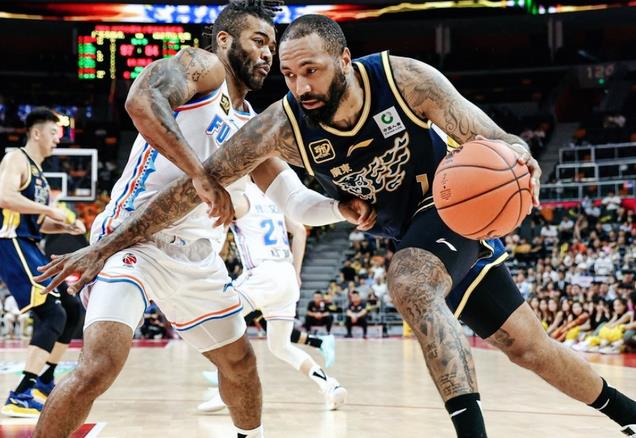
Adonis Arms' performance was equally disappointing. After only five games, Arms failed to demonstrate sufficient ability, with a low shooting percentage and overall mediocre performance, hardly bringing any highlights to the Guangdong team. His lackluster performance led to doubts about whether he could help the Guangdong team achieve the expected improvement.
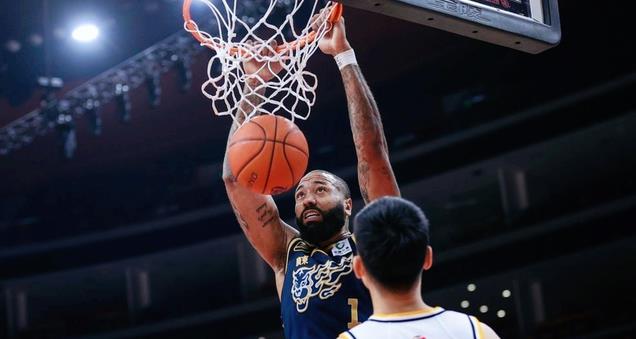
However, Zhu Fangyu, general manager of the Guangdong team, showed decisive decision-making at this point. Considering that Arms was on a trial contract, the team faced minimal financial risk. This flexible operation allowed the team to be more relaxed in adjusting their lineup, avoiding greater economic burdens.
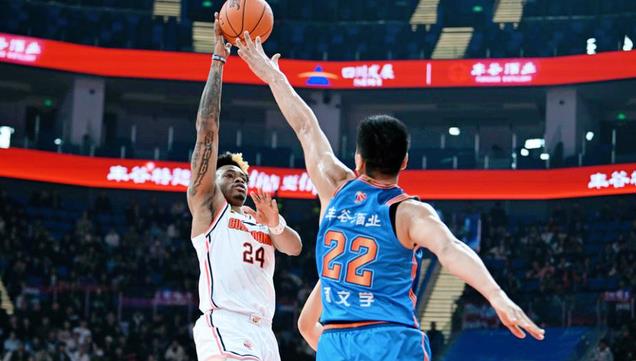
This adjustment also reflects Guangdong's rapid response in cost control, as they clearly hope to find more suitable foreign players early to lay the foundation for the upcoming season.

The competition for foreign players is becoming increasingly fierce, and the Guangdong team faces unprecedented challenges. With the intense global league competitions, the price of foreign players continues to rise, making it increasingly difficult to find cost-effective players. Whether Guangdong can accurately recruit foreign players will directly determine whether they can advance to the playoffs.
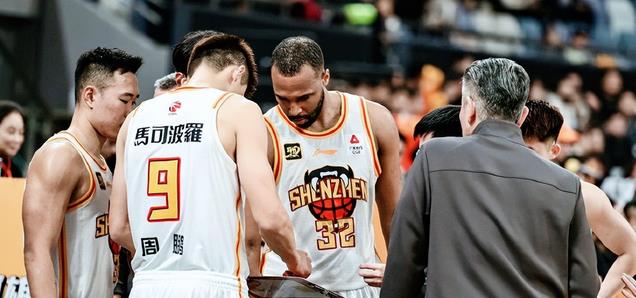
In addition, the structure of Guangdong's foreign players is changing. Although Wat and Morand have performed well, it remains to be seen whether they can become "star foreign players" who decide the outcome of the game. As the season progresses, whether Guangdong can find a foreign player capable of leading the team to the playoffs remains a significant challenge.
The key issue is no longer whether Guangdong can overcome the trough of foreign player changes, but whether they can quickly find suitable foreign players to help the team out of difficulties and return to the competitive ranks.
Arms' "dismissal" relieved many fans, but it also exposed the increasingly unpredictable reality of the foreign player market. With the rising prices of foreign players, high-value-for-money players are becoming increasingly scarce. Whether Guangdong can find a breakthrough in this wave of changes remains an unresolved question.
Continuously replacing foreign players is not a long-term sustainable strategy. Should the team pay more attention to the growth of local players, improve their technical skills and match experience, thereby reducing excessive dependence on foreign players?
In the upcoming games, whether Guangdong can bounce back from its current predicament remains uncertain. Facing the challenge of Beijing Shougang, whether Du Feng's tactical arrangements can withstand the strong opponent's challenge, and whether Zhu Fangyu can find suitable foreign players in a short time, these will be the key factors determining the fate of the Guangdong team this season.